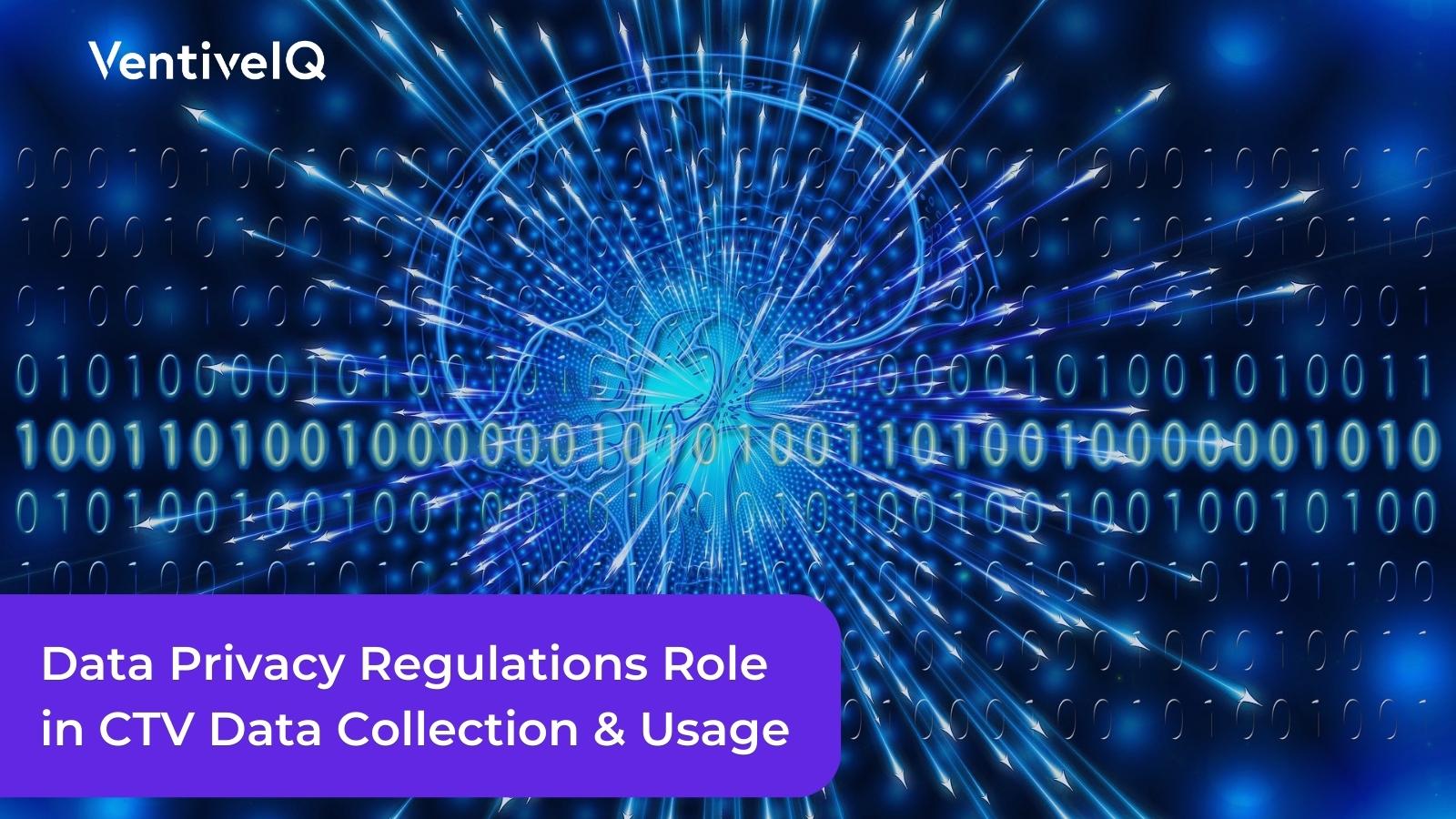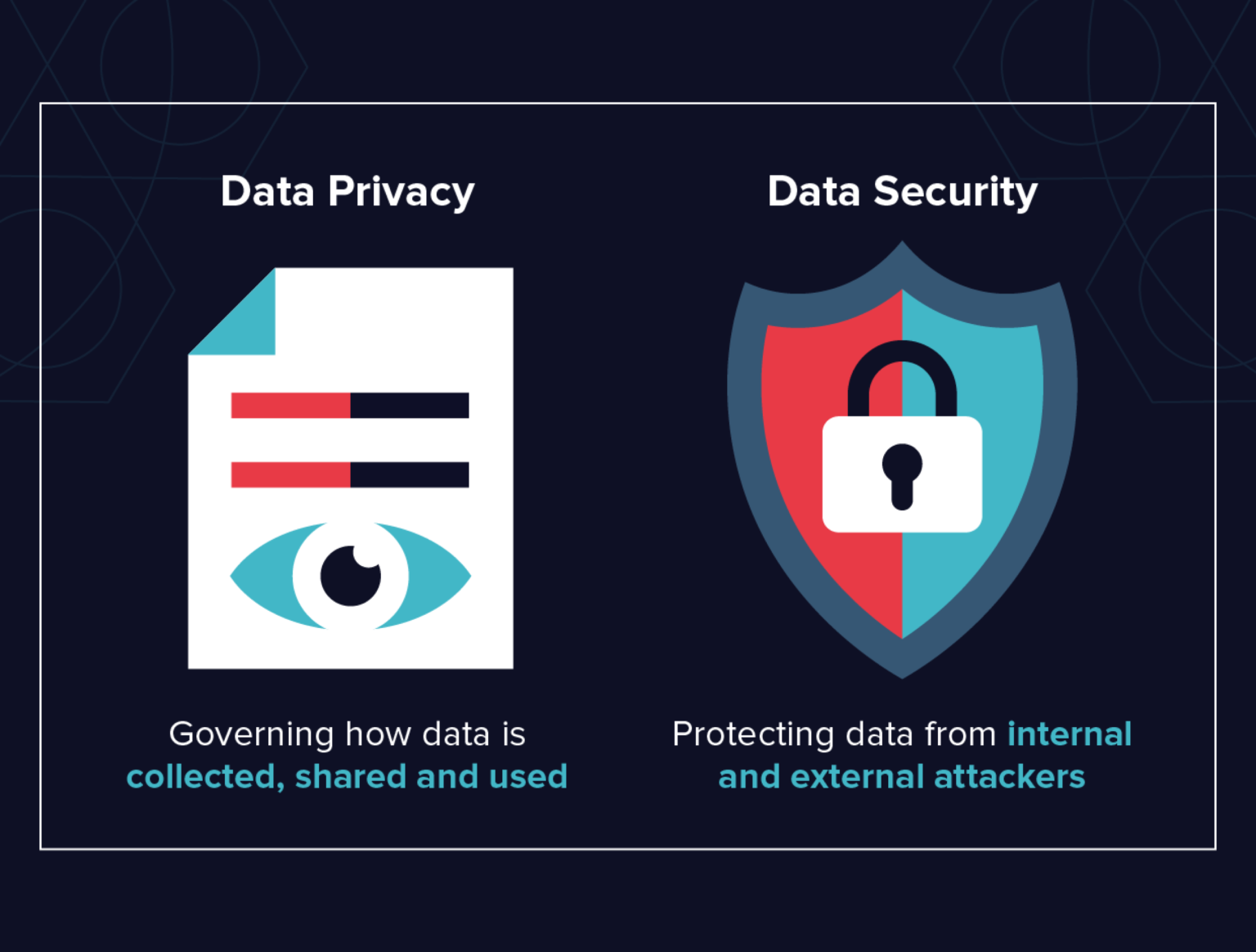Navigating Data Privacy Regulations: A Comprehensive Guide

In today’s digital landscape, understanding data privacy regulations is more critical than ever. With rising concerns about personal data protection, businesses must navigate a complex web of laws to safeguard sensitive information. This guide aims to demystify data privacy regulations, offering insights into compliance, best practices, and the impact of these laws on your business.

What Are Data Privacy Regulations?
Data privacy regulations refer to laws that govern how businesses collect, process, and store personal information. These laws are designed to protect individual privacy and ensure data security. Understanding these regulations is essential for companies that handle customer data. Non-compliance can lead to severe penalties and damage to reputation.
Key Data Privacy Regulations
General Data Protection Regulation (GDPR)
The GDPR is a comprehensive regulation that applies to all businesses operating within the European Union (EU). It emphasizes the importance of data protection and grants individuals greater control over their personal data. Key principles include:
- Consent: Businesses must obtain explicit consent before processing personal data.
- Right to Access: Individuals can request access to their data and how it is used.
- Data Portability: Users can transfer their data to another service provider easily.
Failure to comply with GDPR can result in fines up to €20 million or 4% of global turnover.

California Consumer Privacy Act (CCPA)
The CCPA enhances privacy rights for California residents. It empowers consumers with the following rights:
- Right to Know: Consumers can request to know what personal data is collected about them.
- Right to Delete: Individuals can ask businesses to delete their personal information.
- Opt-Out Rights: Consumers can opt out of the sale of their data.
Businesses that fail to comply with CCPA may face fines of up to $7,500 per violation.
Health Insurance Portability and Accountability Act (HIPAA)
HIPAA protects patient health information in the healthcare sector. Key provisions include:
- Privacy Rule: Establishes national standards for protecting sensitive patient information.
- Security Rule: Sets standards for safeguarding electronic health information.
Violations of HIPAA can result in substantial fines and legal consequences.
Impact of Data Privacy Regulations on Businesses
Data privacy regulations significantly impact business operations. Companies must invest in compliance measures, which can increase operational costs. A survey by the International Association of Privacy Professionals found that businesses spent an average of $1.4 million annually on compliance efforts related to GDPR alone.

Moreover, failure to comply can lead to data breaches, resulting in financial penalties and loss of customer trust. For example, the Equifax data breach in 2017 exposed the personal information of over 147 million individuals. The fallout included a $700 million settlement and severe reputational damage.
Best Practices for Compliance
Businesses can adopt several best practices to ensure compliance with data privacy regulations:
- Conduct Regular Audits: Evaluate your data protection practices to identify vulnerabilities.
- Implement Strong Security Measures: Use encryption, firewalls, and secure access protocols to protect sensitive data.
- Train Employees: Educate staff about data privacy regulations and the importance of safeguarding personal information.
- Develop a Data Breach Response Plan: Prepare for potential data breaches to minimize impact.
Utilizing compliance tools, such as privacy management software, can streamline your efforts and ensure adherence to regulations.
Future Trends in Data Privacy
As technology evolves, so do data privacy regulations. Emerging trends include:
- Increased Focus on Artificial Intelligence: Regulations may address how AI processes personal data.
- Global Standardization: There is a growing push for unified data protection laws across countries.
- Enhanced User Rights: Expect regulations to continue expanding individual rights concerning personal data.
Staying ahead of these trends is vital for businesses to maintain compliance and protect consumer trust.
Conclusion
Understanding data privacy regulations is crucial for businesses in today’s digital age. By familiarizing yourself with laws like GDPR, CCPA, and HIPAA, you can better protect personal information and ensure compliance. Implementing best practices for data security will not only help you avoid penalties but also build trust with your customers.
Take action today by reviewing your data privacy policies and investing in compliance tools. For further information, explore our resources on data security best practices and understanding GDPR.
